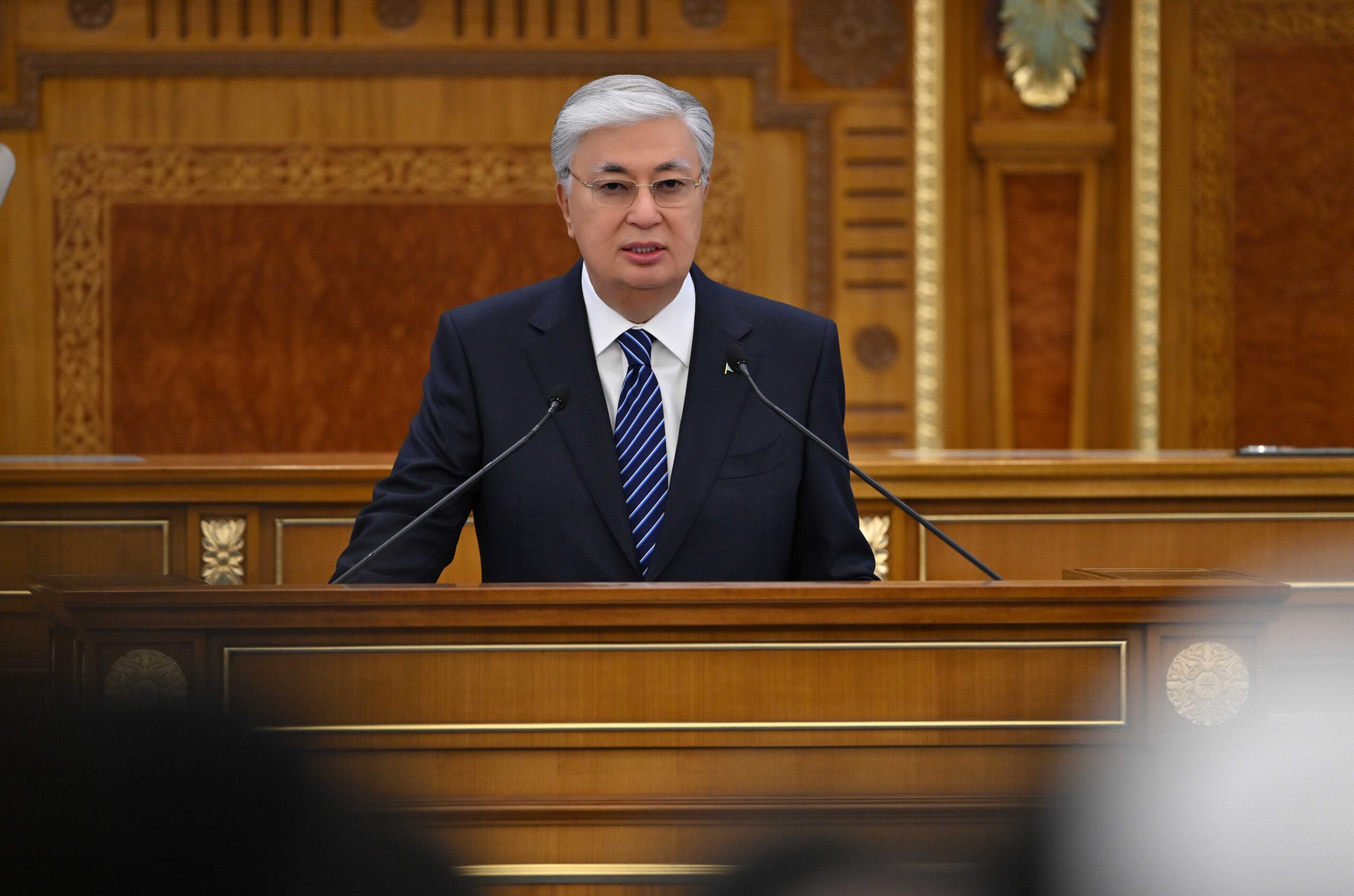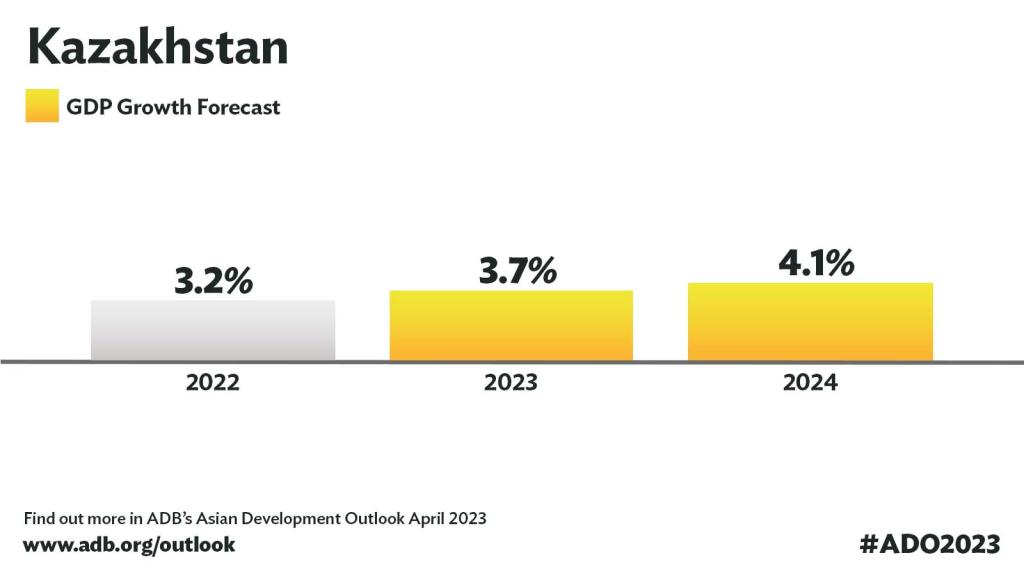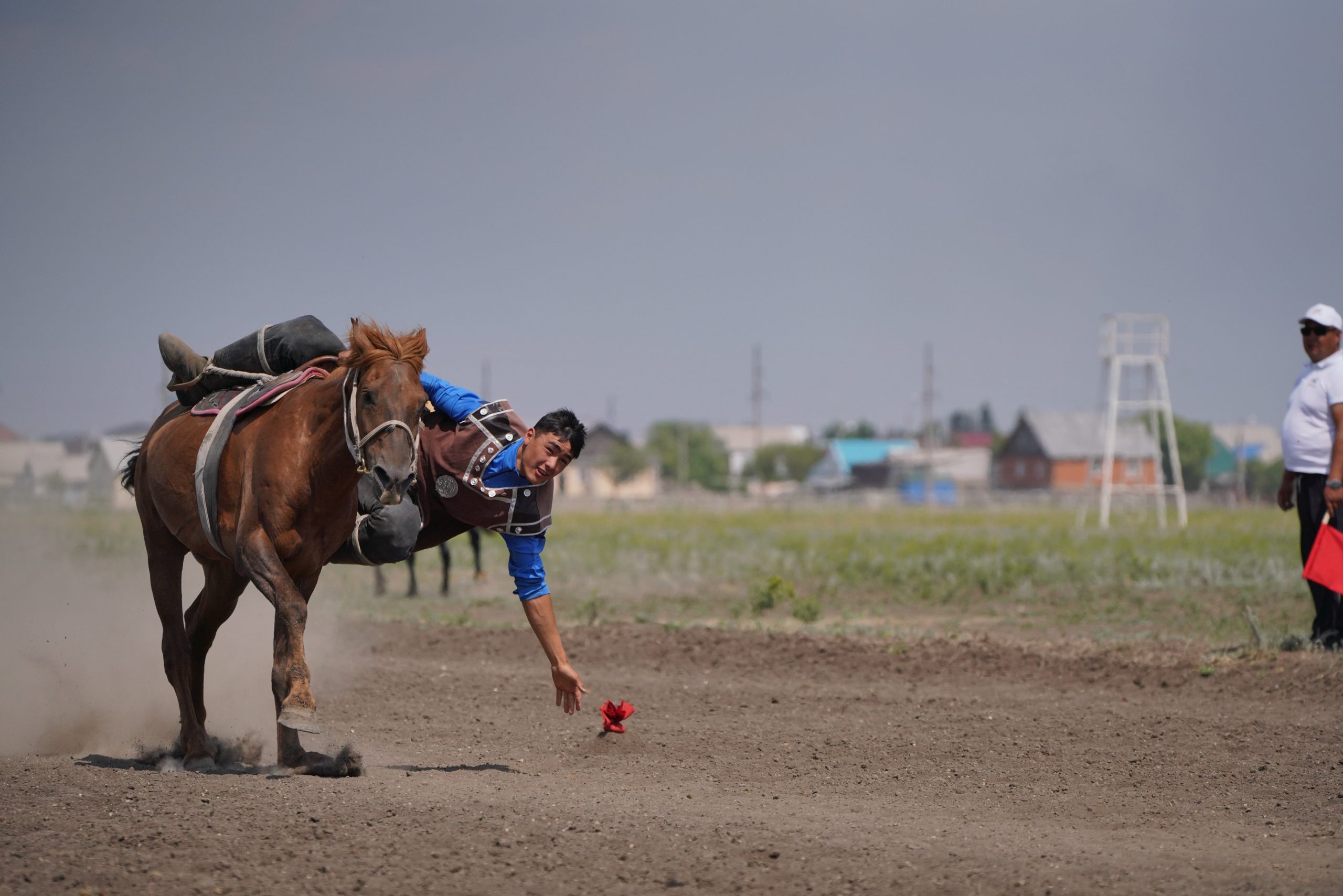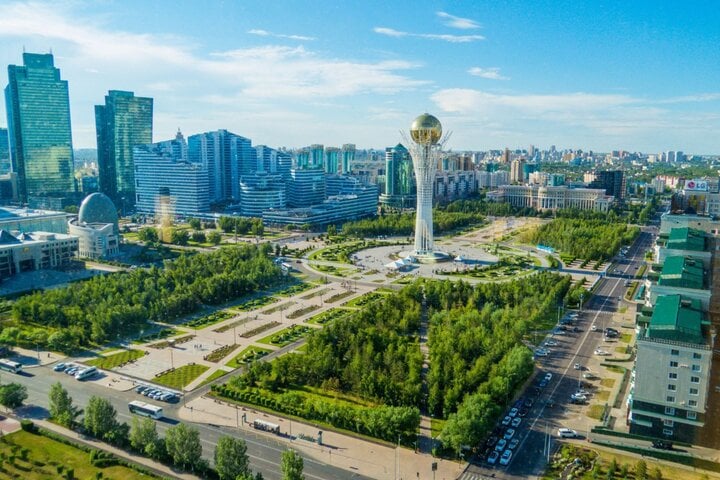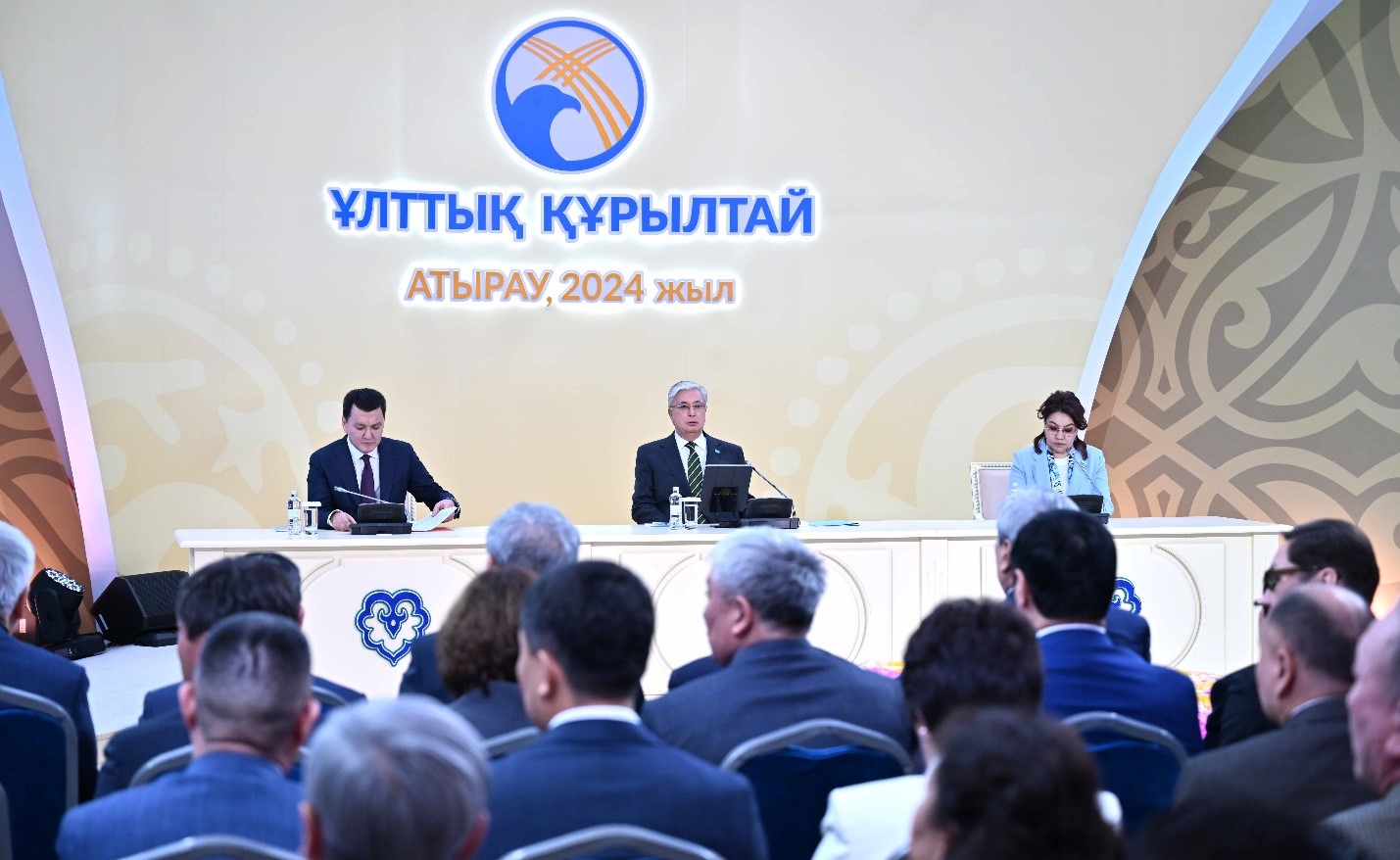Potential of cooperation between Uzbekistan and Vietnam: state and promising areas
Potential of cooperation between Uzbekistan and Vietnam:
state and promising areas
Shakhodat Khoshimova
Chief research fellow of the Information and Analytical
Center for International Relations
Vietnam is a dynamically developing country of the Southeast Asia. Vietnam’s stable and steady growth has become possible largely due to the country’s verified foreign policy course. The feature of Vietnam’s modern foreign policy is maintaining of a diplomatic balance that allows to preserve stability and creating more opportunities for cooperation in the Asia-Pacific region.
Thanks to this, in the context of the transformation of the modern world order, Vietnam manages to mitigate the potential risks of involvement in the confrontation of the great powers, as well as to use the opportunities provided by the changing dynamics of global politics and economy.
Like Vietnam, Uzbekistan pursues an open, mutually beneficial and constructive foreign policy, while remaining committed to diversifying and balancing its foreign relations. The current foreign policy course of our country is based on the dynamically changing situation in the world and the region, as well as large-scale domestic political and socio-economic transformations.
Moreover, for Uzbekistan, it is of considerable interest to carefully study the key elements of Vietnam’s modern economic model, especially those related to the progress of this country in promoting public-private partnership and addressing topical issues of effective agricultural development and the use of transboundary river resources.
In this context, the Democratic Republic of Vietnam is also among the most important partners of the Republic of Uzbekistan in Southeast Asia, which is of growing importance in the context of the steady expansion of financial, economic, scientific, technological and humanitarian contacts of our country with the states of the Asia-Pacific region.
Over the past years, a number of high-level mutual visits have taken place. The last meeting of the leaders of the two countries took place On October 17, 2023 in Beijing within the framework of the 3rd international forum «One Belt, One Road».
Bilateral relations through inter-party and people to people diplomacy are developing dynamically. In order to expand them consistently, on October 11-14, 2023, a delegation headed by Deputy Chairman of the Commission on Foreign Relations of the Central Committee of the CPV Nguyen Thi Hoang Wan visited Uzbekistan.
One of the key mechanisms for promoting bilateral relations is also the holding of regular political consultations between the foreign ministries of Uzbekistan and Vietnam.
An important event in the development of partnership relations between the two countries was the first visit to Vietnam by Uzbek Foreign Minister Bakhtiyor Saidov in March 2024.
The visit provided an excellent opportunity for both countries to consider and agree on priority areas and measures to strengthen long-standing friendship and develop practical bilateral cooperation in the most promising areas.
The countries successfully cooperate within the framework of the United Nations and other important international organizations. As a party to the Bangkok Treaty on the Establishment of a Nuclear-Weapon-Free Zone in Southeast Asia, Vietnam consistently supports Uzbekistan’s initiative to establish a nuclear-weapon-free Zone in Central Asia.
Another converging factor for the countries is the commitment to the principles of the “four no’s” in defense policy, namely: 1) not to join military alliances; 2) not to support one country against another; 3) not to host foreign military bases and not to allow their territory to be used against other countries; 4) not to use force or the threat of force in international relations.
Vietnam is considered one of the “Asian new wave tigers”, ranking third in ASEAN in terms of population and GDP in terms of purchasing power parity.
According to the International Monetary Fund, Vietnam’s GDP reached 433 billion US dollars in 2023, ranking 5th in Southeast Asia and 35th in the world. Hanoi has concluded 16 free trade agreements with the EU, the EAEU and other countries, which account for almost 90% of global GDP.
Vietnam is showing significant progress in advancing regional and global production chains, due to a number of strategic reforms and initiatives. As a result of these efforts, the country has taken a leading position in the international arena, becoming the largest exporter of clothing in Southeast Asia and the second largest exporter of electronics in the region, giving place only to Singapore. This success testifies the high level of competitiveness of the Vietnamese economy and underlines its growing importance in global trade flows.
It should be noted that Uzbekistan is also actively pursuing reforms to modernize the economy, taking measures to integrate into world markets and liberalize market relations.
These measures can lay the foundation for achieving successes similar to those that Vietnam has been able to achieve in improving the competitiveness of its economy.
Uzbekistan can learn from the Vietnamese experience by focusing on the development of production chains and attracting foreign investments.
Given the importance of reforms and integration into global markets, it is worth noting that today the trade and economic relations between the two countries demonstrate stable growth and development. In 2023, the volume of mutual trade increased by 80 % compared to the previous year, it reached 168.8 million US dollars. There are dozens of joint ventures in Uzbekistan in the fields of textile production, trade and services.
In the field of cultural relations, events are held within the framework of people to people diplomacy with the active participation of two friendship societies – «Vietnam-Uzbekistan» and «Uzbekistan-Vietnam».
The leaders of the «Vietnam-Uzbekistan» Friendship Society visited Uzbekistan three times. The clip about the relations between the two countries, prepared by the «Uzbekistan-Vietnam»Friendship Society, was awarded a prize and an award at an international competition organized by the Committee for International Information and Propaganda of Vietnam in 2023.
In 2022, as part of the celebration of the 30th anniversary of the establishment of diplomatic relations between the countries, an online round table was held on the prospects for the development of friendly relations. The presentation of the book “Prison Diary” in Uzbek by the founder and First President of Vietnam Ho Chi Minh took place.
Using the established political ties, Uzbekistan and Vietnam in the near future can create a new impetus for expanding mutually beneficial effective cooperation that will meet their needs and contribute to the sustainable development of both states and societies as a whole.
Firstly, Vietnam can act as an important link for further strengthening Uzbekistan’s cooperation with the Southeast Asian region, including expanding joint work between ASEAN and Central Asia. In its balanced policy, Vietnam has always attached paramount importance to the consistent development of relations of traditional friendship and multifaceted cooperation with Central Asian countries, including Uzbekistan.
Secondly, there are significant prospects for the development of fruitful trade and economic relations between Tashkent and Hanoi.
It is especially important to develop cooperative ties between the leading companies of the two countries in such key industries as oil and gas complex, mechanical engineering, electrical engineering, chemical, textile, footwear, furniture and food industries. Cooperation can be strengthened within the framework of the functioning of special economic zones and industrial parks of Uzbekistan and Vietnam.
This will not only create favorable conditions for attracting investments, but will also significantly increase the volume of bilateral trade.
Thirdly, the expediency of restoring regular flights between Uzbekistan and Vietnam is growing. From 2003 to 2006, Uzbekistan Airways JSC operated 2 flights per week on Tashkent-Ho Chi Minh City-Hanoi-Tashkent routes, which were suspended due to economic unprofitability.
However, in recent years, the tourist flow in both directions has shown steady growth. By the way, the number of tourists from Vietnam in 2023 was twice as much as in 2022. A significantly larger number of tourists are leaving Uzbekistan for Vietnam, and their number is steadily growing.
Fourthly, the field of education is a promising area for the development of cooperation. It is noteworthy that during the meeting of leaders of our countries in October 2023, the importance of developing cooperation in the field of education and training was emphasized. Vietnam’s education system is highly appreciated all over the world.
Thus, the British edition The Economist published an article at the end of 2023, which highly assessed the modern education system of Vietnam, emphasizes the value of self-education of children and the competence of teachers.
In recent years, a number of reforms in the education system have been implemented in Uzbekistan. Special attention is paid to the quality of teaching by recognizing the role of teachers, expanding their professional development, modernization of school facilities, including ICT and digital equipment, as well as the development of new curricullum reflecting the best international standards.
At one time, thousands of Vietnamese students were educated in Uzbekistan. In this regard, the development of human potential on a reciprocal basis between the two countries contributes to the revival of this practice in new conditions.
Against the background of the ongoing changes in the international arena, the nature of dynamic domestic development, the similarity of interests in foreign policy, a progressive attitude towards interaction with foreign partners and a long history of cooperation brings the two countries even closer.
Uzbekistan and Vietnam have great potential for cooperation in various fields of foreign policy, trade and economic, scientific and technical, cultural and humanitarian cooperation. The intensification of bilateral cooperation can, in the medium and long term, support the implementation by Tashkent of a strategy for the sustainable expansion of trade and economic cooperation and Uzbekistan’s entry into the new markets of the Asia-Pacific region, which are important for our country.
